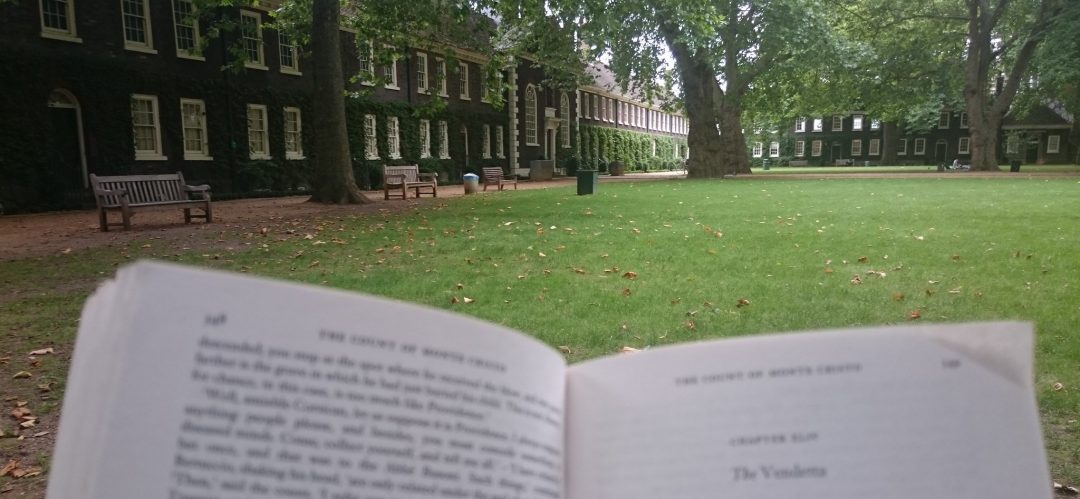“Medicine, law, business, engineering; these are noble pursuits, and necessary to sustain life. But poetry, beauty, romance, love; these are what we stay alive for.”
– Mr Keating
Earlier this week, as I fancied I found myself with enough time on my hands, I decided to head to 1950s Vermont and catch up with Robin Williams as Mr Keating, an English teacher on a journey to inspire his students through the medium of poetry. Aside from the aforementioned gem he offered up (which I somehow found myself in firm agreement with, despite paradoxically also being reminded I probably ought to have been studying), Dead Poets Society is unsurprisingly littered with snippets from great poetry as well.
Frost, Tennyson, Byron and Whitman, to name but a few, all get offered a moment of glory in the film, and while it is no doubt well deserved, I couldn’t help but wonder at all the other remarkable wordsmiths who could’ve too done well with a spot on centre-stage. To that end dear reader, I offer you a poem I stumbled across from a poet just as renowned in some parts of the world as those I’ve already mentioned. Though admittedly his work below is in a translated form, Keating’s themes of beauty, romance, love, are still all artfully present, and have been wonderfully woven together to form the first on his list of what makes life worth living: poetry.
I hope you enjoy reading it as much as I did.
